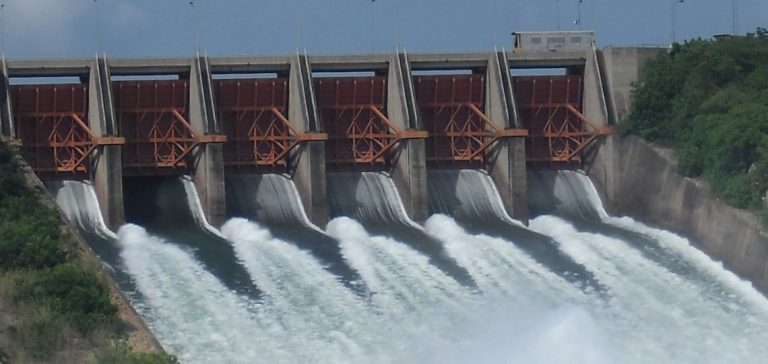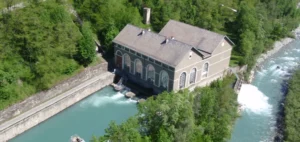The agreement provides for the export of 40 megawatts of electricity between mid-June and mid-November each year, over a period of five years. This initiative is expected to enable Nepal to generate approximately $9.2 million annually, according to Chandan Kumar Ghosh, spokesperson for the Nepal Electricity Authority (NEA).
Electric Transmission Infrastructure
The produced electricity will first be transmitted via the Dhalkebar-Muzaffarpur high-voltage line in India before being redirected to Bangladesh. This transmission infrastructure is essential to ensure an efficient and reliable distribution of energy among the three countries.
Currently, Nepal has an installed capacity of over 3,200 megawatts, coming from more than 150 hydroelectric power plants. With over 200 new installations under construction, the country aims to significantly increase its energy production in the coming years.
Nepal’s Hydroelectric Potential
Recent studies estimate that Nepal could exploit a total hydroelectric potential of 72,000 megawatts, which is more than 22 times its current installed capacity. This expansion could not only meet internal energy needs but also position Nepal as a key player in the regional electricity market.
According to the International Energy Agency (IEA), four out of five Nepalese did not have access to electricity at the turn of the century. Thanks to a flurry of dam construction activity, nearly all of the country’s 30 million inhabitants are now connected to the electrical grid, thereby improving the quality of life and stimulating economic development.
Environmental and Infrastructure Challenges
Despite these advancements, the rapid development of hydroelectric infrastructure in Nepal raises environmental concerns. Environmental advocates criticize the country’s rush to exploit its hydroelectric potential, arguing that ecosystem protection is sometimes neglected.
The government of Kathmandu has recently approved a policy allowing the construction of new dams in previously protected areas, including forests, nature reserves, and tiger habitats. This decision has sparked debates on balancing economic development and environmental preservation.
Hydroelectric projects are also vulnerable to extreme weather events. Floods and landslides, exacerbated by climate change, regularly threaten existing infrastructure. Last week, several hydroelectric power plants were damaged by severe flooding, causing damage estimated at over $18 million, according to Nepal’s Ministry of Energy.
Economic and Regional Perspectives
Exporting electricity to Bangladesh via India represents a major economic opportunity for Nepal. By diversifying its export markets, the country can strengthen its relationships with its neighbors and stabilize its energy revenues.
This initiative also fits into a broader strategy of regional energy cooperation. By collaborating with India and Bangladesh, Nepal contributes to the creation of an integrated energy network capable of meeting the region’s growing electricity needs while promoting sustainable economic growth.
Impact on the Local Population
Improved access to electricity has positive repercussions on the Nepalese population. Better energy availability facilitates industrialization, stimulates employment, and improves public services such as education and health.
However, it is crucial to manage these projects sustainably to avoid negative impacts on the environment and local communities. Measures must be implemented to ensure that energy development benefits everyone without compromising natural resources for future generations.






















